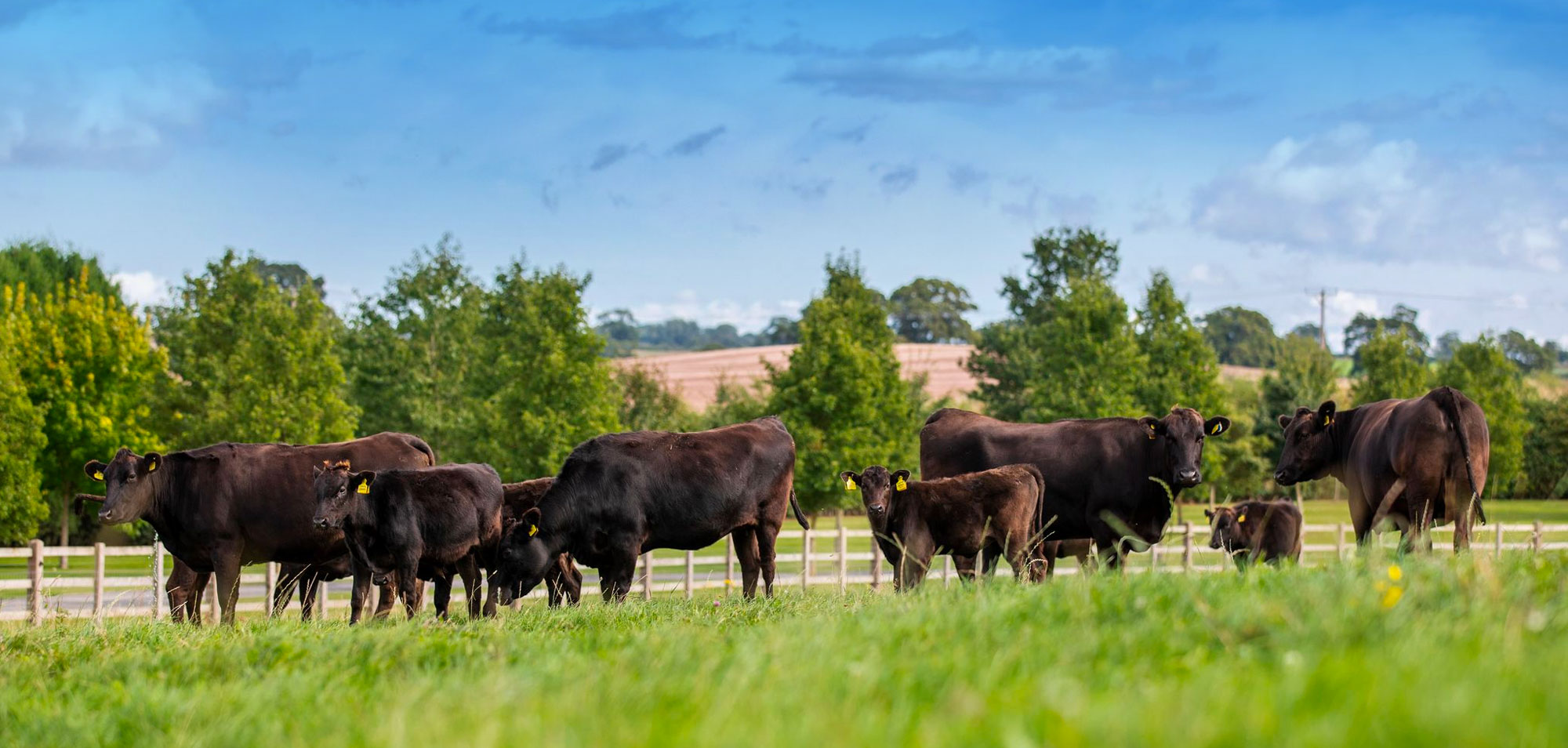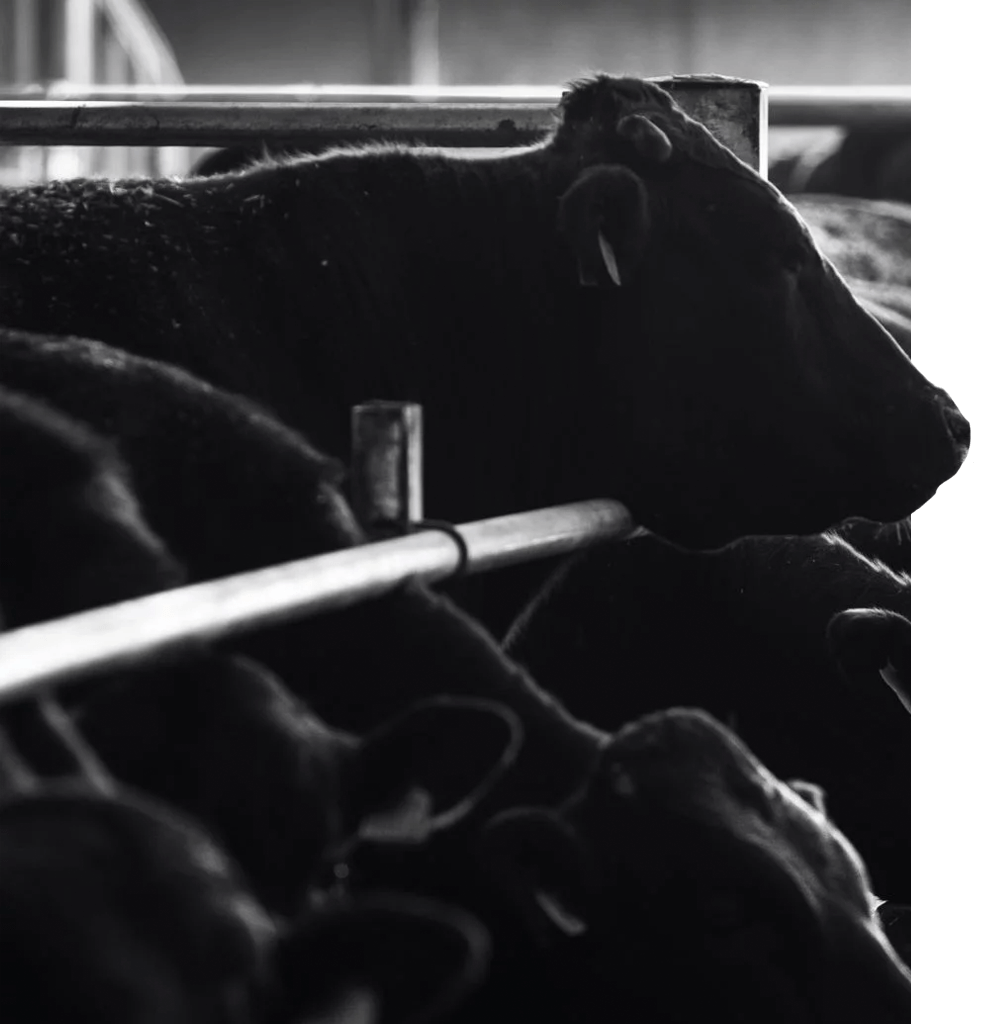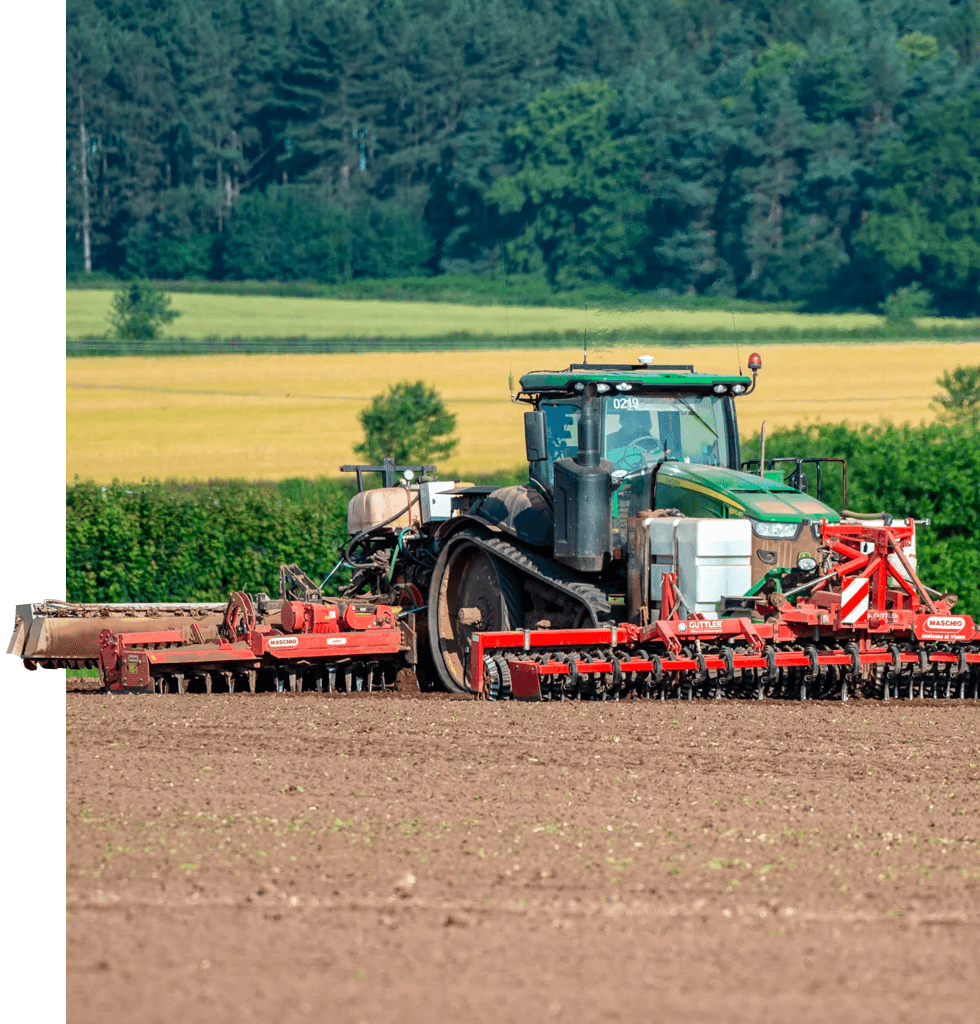
Explore the Farm
BE THE BEST AT WHAT YOU DO… BUT FIRST, MAKE SURE THAT WHAT YOU ARE DOING, IS FOR THE BEST!
At the heart of all that we do, is our Herd and the environment they live in, from the sheds in the Winter, to the top quality spring and summer pastures. We also utilise the herd within our wider farming group to practice and promote regenerative and sustainable farming.

The journey matters as much as the goal
Wyndford Wagyu was established in 2018, following the dispersal of the Maddocks families highly regarded Holstein herd. With the desire to do something different and to have stock back on the farm for his father, Philip Maddocks imported his first Wagyu from Germany.
Fast forward 4 years and the herd now stands at over 200 Fullblood Wagyu cattle and 180 Holstein Recipients. We have worked with top class Wagyu breeders around the world to develop our foundation herd.
The Wagyu form part of our wider farming group that includes, Salads, Potatoes & Cereals and provide the many benefits that come from livestock within a mixed farming enterprise.

A Focus on Feed
The forage produced for the cattle here at Wyndford Wagyu must first and foremost meet the cattle’s requirements, in regards to the formulation of a balanced and appropriate ration. Our forage must also fit into the wider rotation and soil health plan. Many of our crops serve as over winter cover crops or grass leys to rest, rejuvenate and increase organic matter in the soil over 3 years.
Crops are also harvested to benefit BOTH the cattle and the soil. Whole crops are harvested higher from the ground resulting in increased starch content for the cattle feed and more green matter being incorporated into the soil to improve structure.

Innovation - The Key to Solving Agriculture's Challenges
Within the wider farming group, the Wagyu manure is composted on site to produce a nutrient rich compost. It is either incorporated directly into the soil or as a mulch for salad crops. This will in turn reduce the requirement for synthetically produced fertilisers and improve soil structure.
Another exciting use for our on farm made compost would be to reduce our dependency on harvested peat within the salad sector.
All of which could not be achieved without our cattle, its natures symbiotic ways!